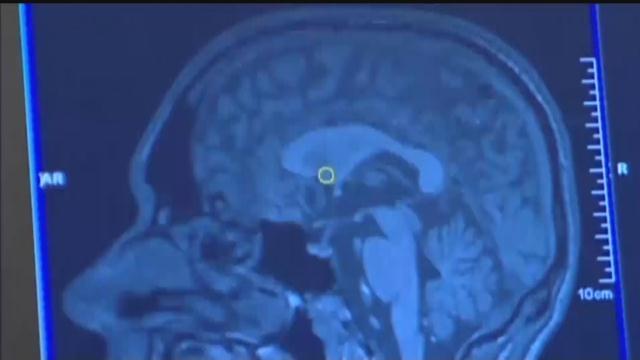New Study on Concussions Gives Insight Into Symptom Spikes

Local high school football, soccer and other athletes are returning to the practice field this week ahead of the upcoming school year. While there is a growing emphasis on ways to prevent concussions, just as important is how to best treat young people who've already experienced a traumatic brain injury.
That’s been the objective of a study by Dr. Danny Thomas, a pediatric emergency medicine physician at Children's Hospital of Wisconsin and an associate professor of pediatric emergency medicine at the Medical College of Wisconsin.
The results could change the way concussion patients are treated.
It's long been thought that activity after concussion can make symptoms worse.
Thomas says the team of doctors involved in the study looked at symptom spikes, which are an increase in your symptoms from day one to day two.
They found about one third of patients had some sort of spikes and didn't get better immediately. .
However, the majority of those did not have an increase in physical activity that would cause their spikes.
At the same time the study found that mental activities like returning back to school did increase symptoms.
Thomas says that means some activity may be good.
But the most important thing is to prevent a second concussion while recovering.
"I think it's really still important to recognize that while we are saying it is OK to go back to school and some light activity, it is absolutely vital not to go back to sports and collision sports, or any high-risk activities like rock climbing or roller coaster riding, until you were truly fully recovered because it can be dangerous if you go back to soon," Thomas said.
Thomas says it can take up to 10 days for concussion patients to fully recover.
